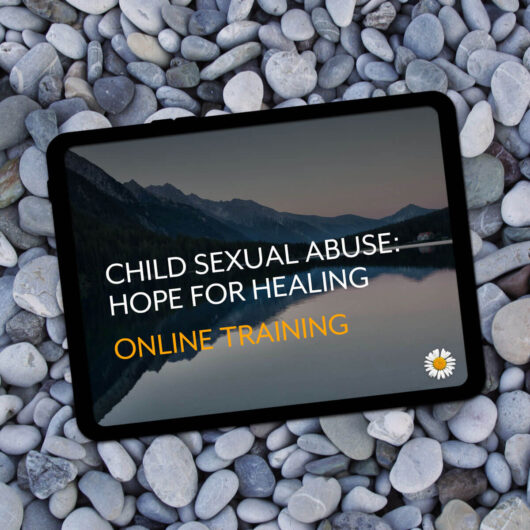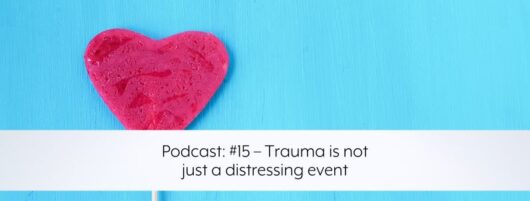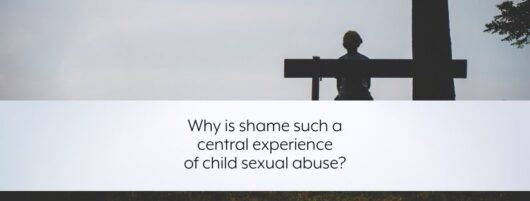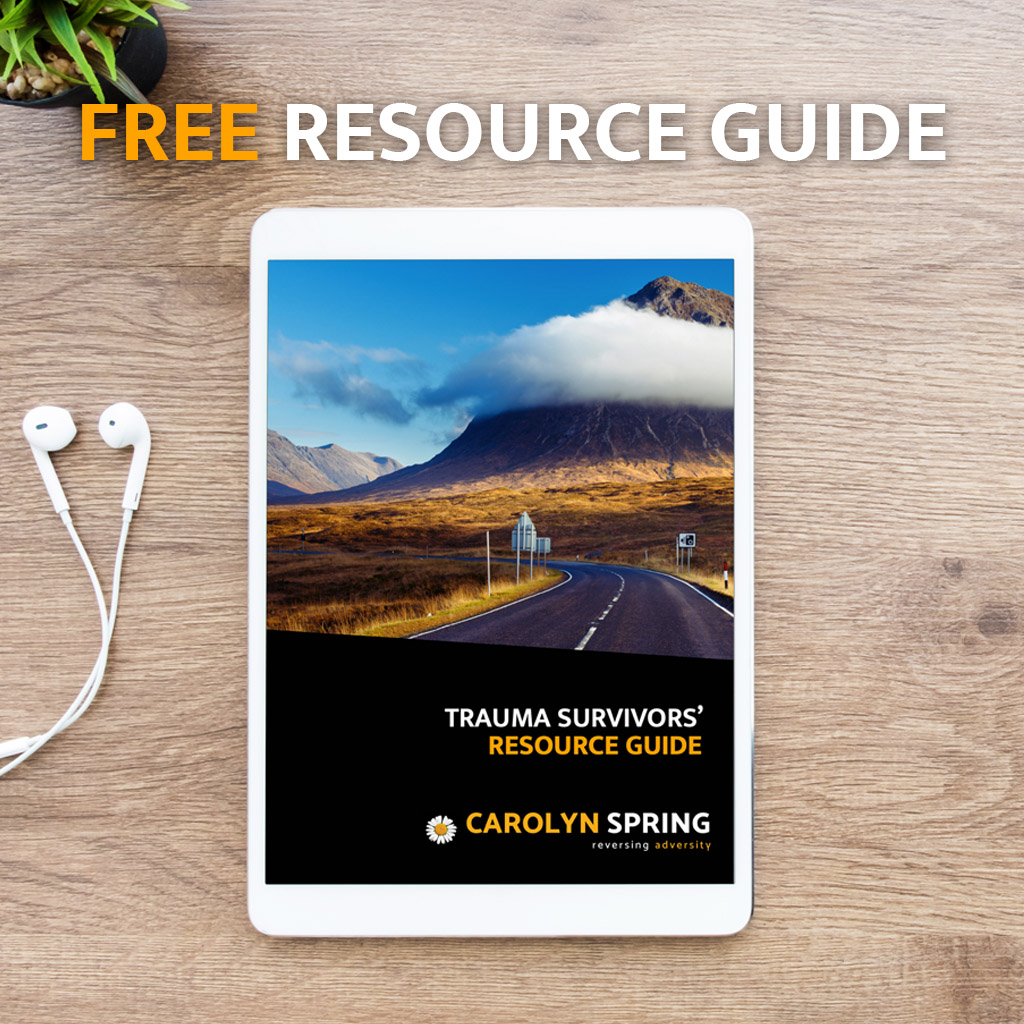
Child Sexual Abuse
Child sexual abuse is a developmental catastrophe for a child. It is a heinous, criminal act. Its impacts are devastating. And the most surprising thing of all is that it is not rare.

Child sexual abuse is a developmental catastrophe for a child. It is a heinous, criminal act. Its impacts are devastating. And the most surprising thing of all is that it is not rare.
The general consensus is that one in four girls are abused in childhood, along with one in six boys. The abusers are men, women, and even children. The vast majority of abusers are known to their victims – it is this betrayal of trust that is so impacting.
Child sexual abuse is never the child’s fault, but the process of grooming means that very often there is a transfer of responsibility from abuser to victim: the victim feels the shame that the abuser does not. We grow up believing very often that we are ‘bad’, that we caused it, that we deserved it, that it was our fault.
We survived the moment of trauma with the evolutionarily instinctive response of ‘freeze’ but this is misinterpreted as consent or cowardice. So much of the harm of child sexual abuse therefore is in the twisting of truth and reality, especially when we have needed to dissociate simply to survive – traumatic amnesia is a very common consequence. Child sexual abuse is deeply traumatic, profoundly impacting our neurobiology and sense of self.
But child sexual abuse is not a life sentence, and it is not a death sentence. Significant healing and recovery are possible – with the right knowledge and support. Explore my resources below, and especially my ‘Child Sexual Abuse: Hope for Healing‘ online training.

Child sexual abuse represents the ultimate betrayal of trust. Working with survivors involves rebuilding that shattered trust and dismantling shame. One of the primary things that survivors need to know is that professionals ‘get it’ and that they can handle their trauma. This course provides multiple ‘get it’ moments – profound insights into the experience and impacts of abuse which will help to build trust, rapport and empathy and will also equip you to hear with compassion the stories that survivors need to, but fear to, tell.
Start Learning
Is recovery possible? I'd say it is … based not just on my own personal experience, but on the fact that it’s how our bodies and brains are designed by default. Often when people don’t recover, it’s a problem with the therapy or the ‘treatment’, rather than a problem with a person. In this thought-provoking podcast, I bring hope for healing.
Listen Now
Is recovery from trauma and abuse - resulting in dissociation and even a dissociative disorder - possible? That's the subject of this podcast where I talk about the vulnerability of hoping for good things, the difference between correlation and causation, and the difference between hoping for and planning for.
Listen Now
Trauma isn’t something we’re supposed to get over easily. It’s supposed to impact us. It’s supposed to change us. That’s part of why it’s so hard to shift. The problem isn’t with us. In this podcast, I talk about the impacts of trauma and how it isn’t something that we can get over easily.
Listen Now
Child sexual abuse and shame are inextricably intertwined. As victims, we feel the shame that the perpetrator doesn't. But why is it so hard to shift this shame? This article looks at six reasons why the deck is stacked against us.
Read MoreGet free Carolyn Spring Trauma Resources when you join my mailing list.
Get free Carolyn Spring Trauma Resources when you join my mailing list.
